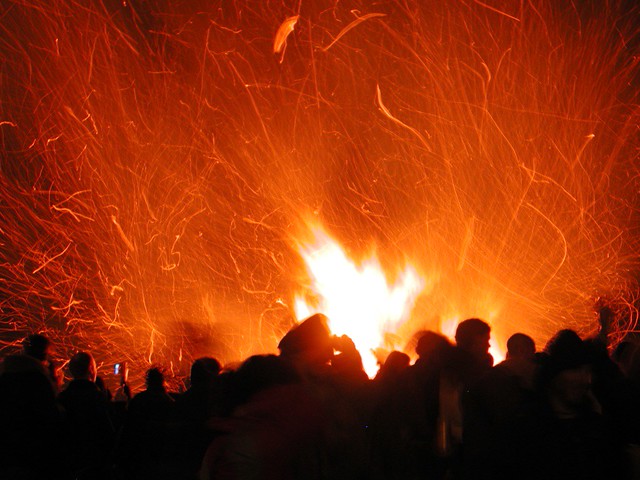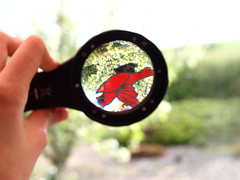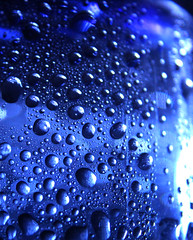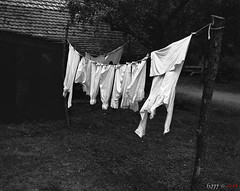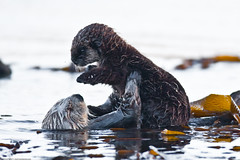Words for fire in Celtic languages.
| Proto-Celtic | *teɸnets = fire |
|---|---|
| Old Irish (Goídelc) | teine [ˈtʲenʲe] = fire |
| Irish (Gaeilge) | tine [ˈtʲɪnʲə] = fire, conflagration; incandescence, flame; luminosity, glow; flash; inflammation |
| Scottish Gaelic (Gàidhlig) | teine [tʲenə] = fire, flame, conflagration |
| Manx (Gaelg) | çhenney = elemental fire, lightning, rickets |
| Middle Welsh (Kymraec) | tan [taːn] = fire |
| Welsh (Cymraeg) | tân [taːn] = fire, conflagration, bonfire, flame, spark, light (for a cigarette), match; high temperature (from fever) |
| Cornish (Kernewek) | tan [ta:n / tæ:n] = fire |
| Breton (Brezhoneg) | tan [ˈtɑ̃ːn] = fire |
Etymology: from the Proto-Indo-European *tep- (to be warm) [source].
| Old Irish (Goídelc) | aingel [ˈaŋʲɡʲel] = angel |
|---|---|
| Irish (Gaeilge) | aingeal [ˈæɲɟəl] = angel; fire, lighted coal |
| Scottish Gaelic (Gàidhlig) | aingeal [ˈãĩŋʲgʲəl̪ˠ] = angel, messenger, fire, light, sunshine; brightness, light; signal fire, beacon; warmth |
| Manx (Gaelg) | aile [ail] = fire ainle = angel |
| Welsh (Cymraeg) | angel [ˈaŋɛl] = angel |
| Cornish (Kernewek) | eledh = angel |
| Breton (Brezhoneg) | ael = angel |
Etymology: from the Late Latin angelus (angel, messenger), from the Ancient Greek ἄγγελος (ángelos – messenger) [source].
Sources: Wiktionary, Am Faclair Beag, teanglann.ie, On-Line Manx Dictionary, Geiriadur Prifysgol Cymru, Gerlyver Kernewek, Dictionnaire Favereau
